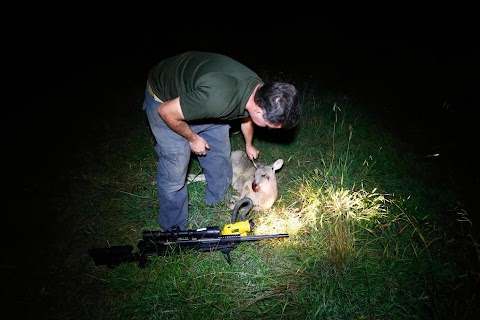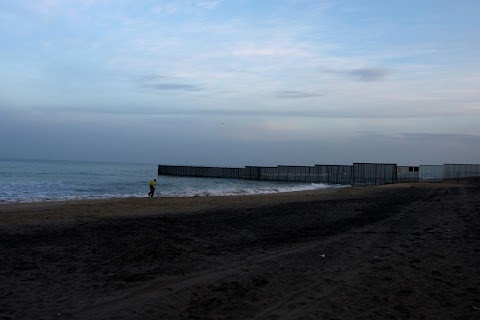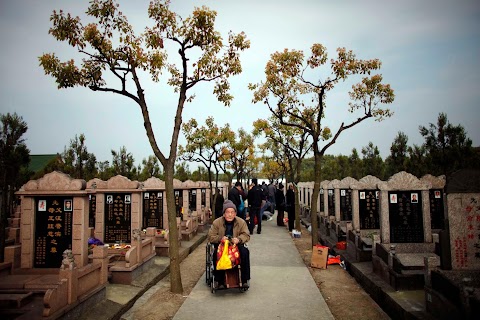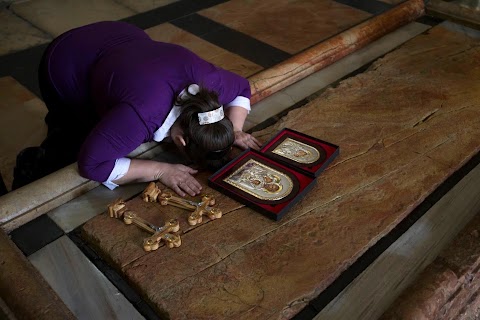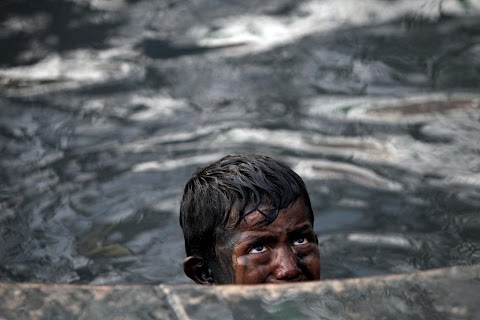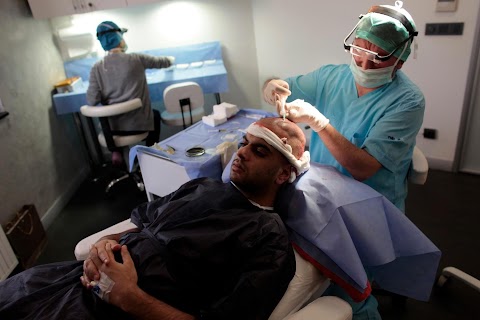
A holiday and a hair transplant
Fahad Ali, a 27 year old from Britain, has his scalp prepped for a hair transplant at a clinic in Istanbul.
He is among thousands of visitors who flock to Turkey not just for the sun, but for the surgery. Last year some 270,000 medical tourists came to have a variety of treatments, from moustache implants to more serious procedures, generating about $1 billion - a small but growing fraction of the money Turkey earns from tourism.
Story
Hair implant with your ski trip? Turkish tourism branches out
Sitting in a private clinic in an upscale neighborhood of Istanbul, Saleh, a human resources executive from Qatar, is preparing to leave Turkey with a smile on his face and more hair on his head.
Having previously brought his wife and children to Istanbul for sightseeing and shopping, Saleh has returned as the new kind of high-spending visitor Turkey is increasingly seeking to attract: a medical tourist.
"There's a social pressure to look good," the casually suited executive, declining to give his family name, told Reuters as he sat waiting for a check-up a day after having hair follicles implanted in his balding scalp.
"Two of my brothers and half of my friends had hair implants in Turkey. It was an easy choice after that."
As it tries to boost tourism revenues and narrow its current account deficit, its main economic weakness, Turkey is on a mission to diversify away from the all-inclusive package tours to its sun-drenched Mediterranean shores which, local businesses complain, often do too little for the local economy.
Of 37 million tourists visiting Turkey last year, about 270,000 came for surgical procedures, from moustache implants and liposuction to operations for serious ailments, generating $1 billion in revenues and representing a small but growing fraction of tourism receipts.
"They usually come for three days. We offer them shopping or skiing tours, they get well and have a short vacation," said Kazim Devranoglu, the medical head of Dunyagoz Group, which has 14 eye care clinics in Turkey and branches in western Europe.
Around 10 percent of the group's patients - some 35,000 people a year - are now coming from abroad, he said.
"They are mostly from western European countries like Germany, the Netherlands, Belgium, as well as from Algeria and Azerbaijan."
There are various factors behind Turkey's appeal.
People from countries with heavily congested health systems welcome the opportunity to choose the time of their surgeries, while those from less-developed nations are attracted by Western-trained medics and new facilities sprouting up as Turkey's private healthcare industry flourishes.
The mustachioed stars of Turkish soap operas, popular across the Middle East and North Africa, have also prompted an influx of men seeking a virile addition to their upper lip.
Health professionals and patients say plastic and corrective eye surgery costs, including travel and accommodation, can be up to 60 percent below comparable programs in western Europe.
The government aims to double medical tourist numbers to half a million a year over the next two years and raise revenues to $7 billion by attracting them to higher-margin healthcare.
"We see Turkey as a prime destination for medical tourism," said Dursun Aydin, head of the international patients department at the Health Ministry. "We have experienced doctors. Hospitals are new...Turkey is relatively inexpensive and the temperate climate helps too."









